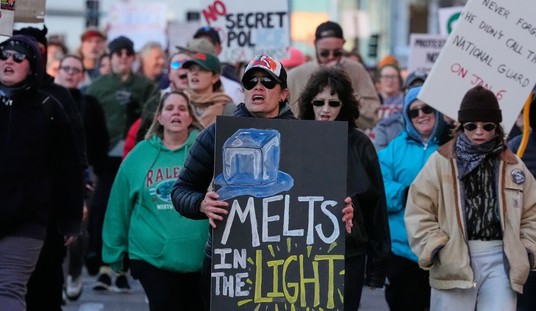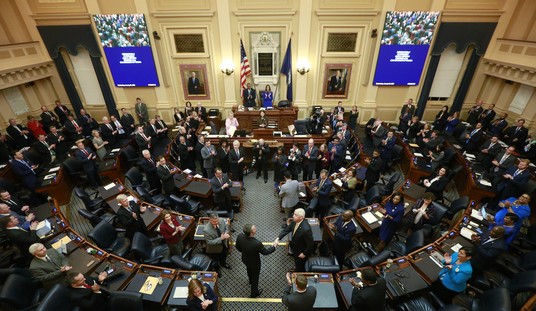With Senator Jim Bunning battling Democrats almost singlehandedly over waiving pay-go requirements by casting an extension of unemployment benefits and highway funds as an emergency appropriation, Claire McCaskill (D-MO) and Jeff Sessions (R-AL) have prepared a longer-term strategy. Sources on Capitol Hill say that the two Senators have already reintroduced an amendment that only fell four votes from passage on its first attempt, one that will make it more difficult to designate spending as an “emergency.” Instead of passing cloture, any emergency bill will require a 67-vote majority in order to waive the new pay-go rules.
What kind of spending will this affect? Unlike other previous proposals, this applies to both defense and non-defense discretionary spending. It can’t be used to stop funding related to any effort for which Congress has approved an Authorization for the Use of Military Force (AUMF), which means any emergency spending for Iraq, the Af-Pak theater, or any other war on terror operations will be exempted from the provision. It applies to any appropriations over $10 billion, allowing the Senate to respond more nimbly to smaller emergencies while keeping larger amounts of money under tighter scrutiny.
Currently, the Senate does not have any other budget points of order that require the two-thirds vote. It does take two-thirds to make changes to the Senate’s Journal, to ratify treaties (a Constitutional requirement), amend the Constitution, or to override a veto, so the threshold isn’t entirely unprecedented. In years past, it took 67 votes to pass a cloture vote, although that was changed to 60 decades ago.
Opponents of this approach might argue that the bill would make any significant emergency response too burdensome, but for those emergencies broadly accepted as such in the Senate, the provisions would waive themselves. Most emergency appropriations pass by either unanimous consent — the mechanism that Bunning is blocking now — or by nearly unanimous votes. Since the passage of the Budget Enforcement Act of 1990 that codified the emergency spending designation for congressional appropriations, Congress has passed 21 emergency spending bills directed primarily towards natural disaster assistance. None of these bills would have been affected by the Sessions-McCaskill Amendment. For instance, in 2005 the Senate considered three emergency spending packages relating to Hurricane Katrina, two of which passed on unanimous roll-call votes and one by acclamation. It only slows down the abuse of the application of “emergency” labeling by forcing a supermajority approval of the designation.
Sessions and McCaskill introduced the amendment yesterday. With Scott Brown now in the Senate, Republicans are optimistic that they can pick up the additional four votes needed to put a common-sense check on pay-go waivers.
Update: I was in error on the sponsors of this bill; Claire McCaskill joined with Jeff Sessions to make this bipartisan effort. My apologies for misunderstanding that, and reporting initially that the other sponsor was Mitch McConnell.







Join the conversation as a VIP Member